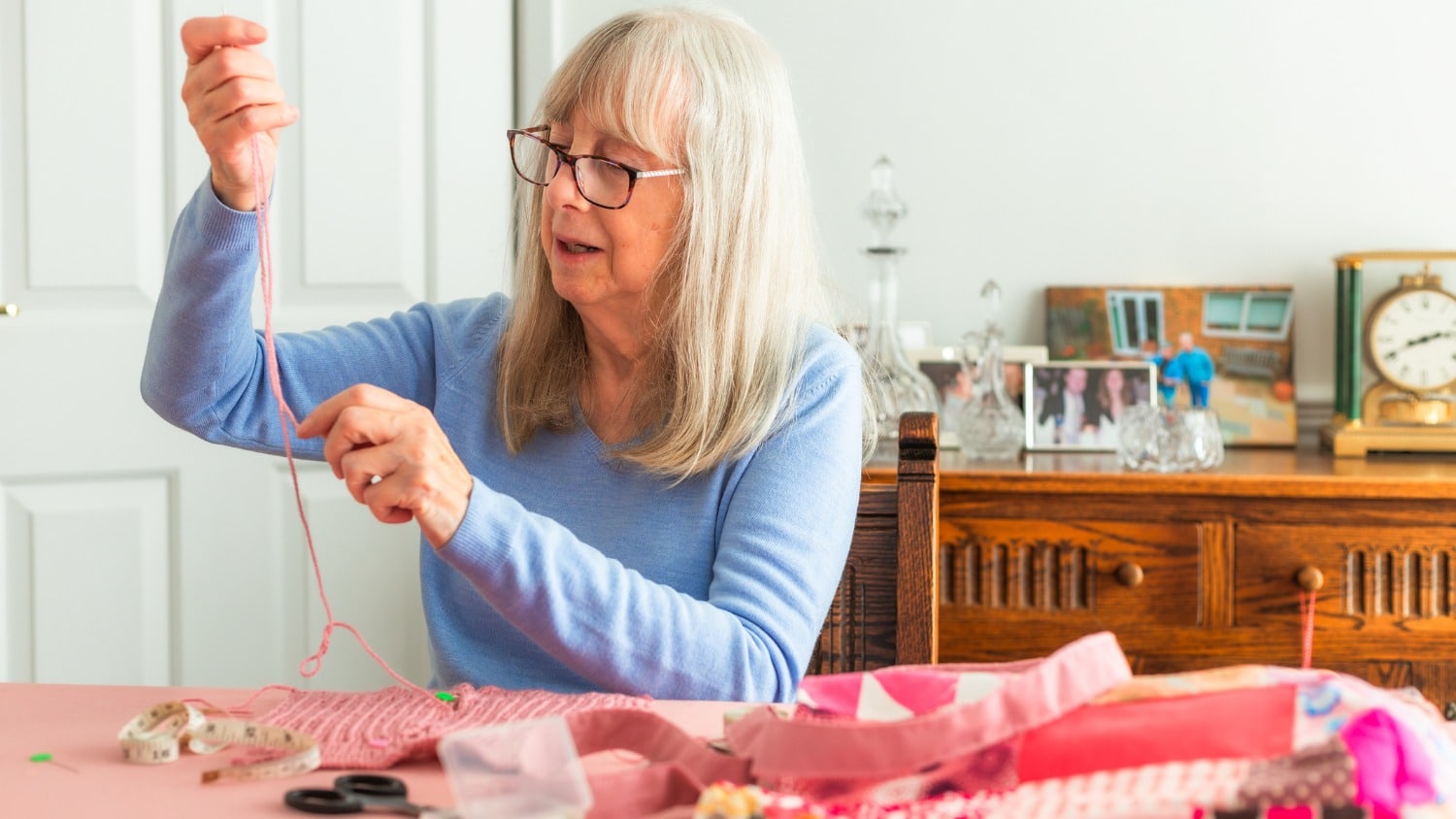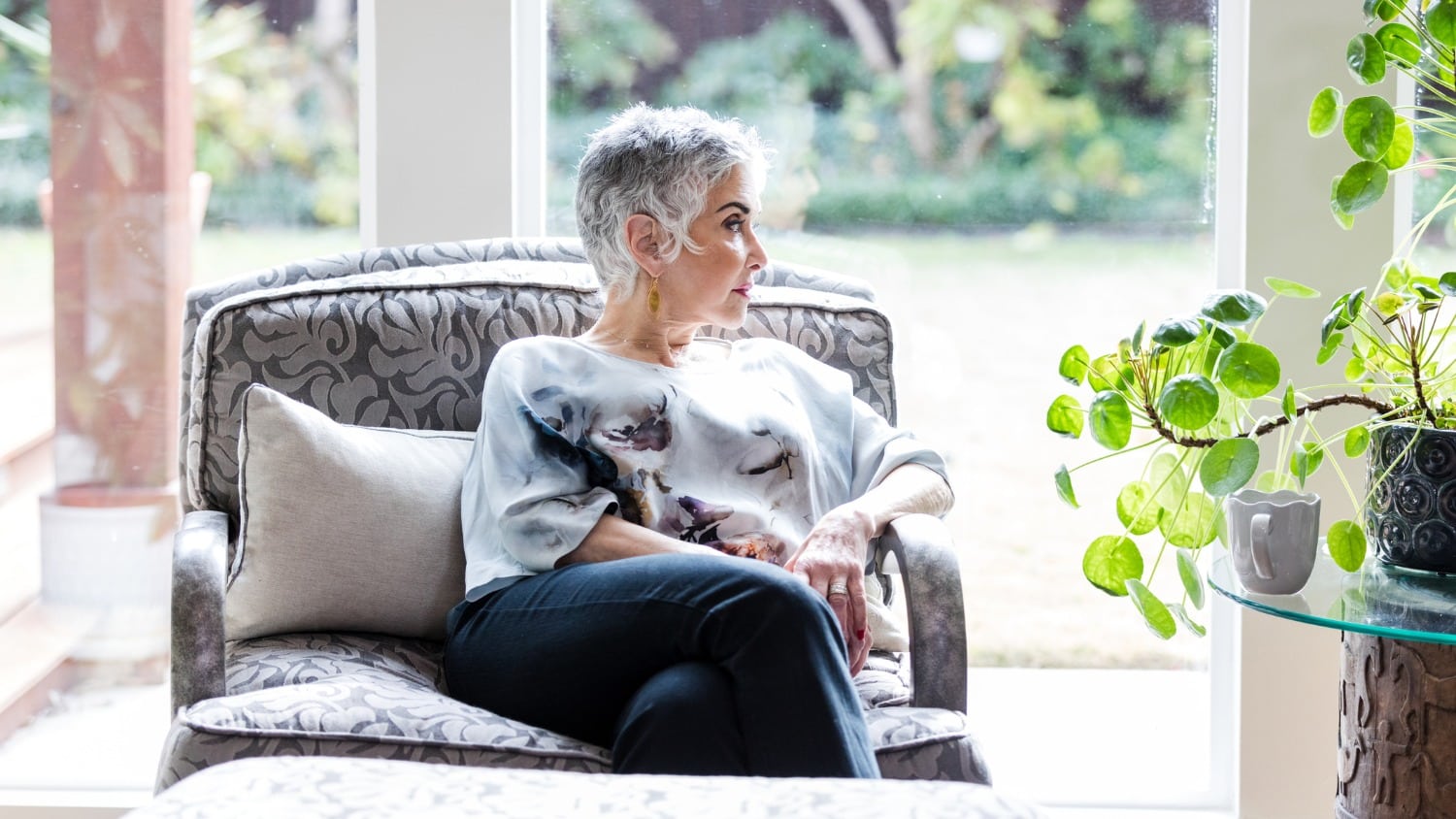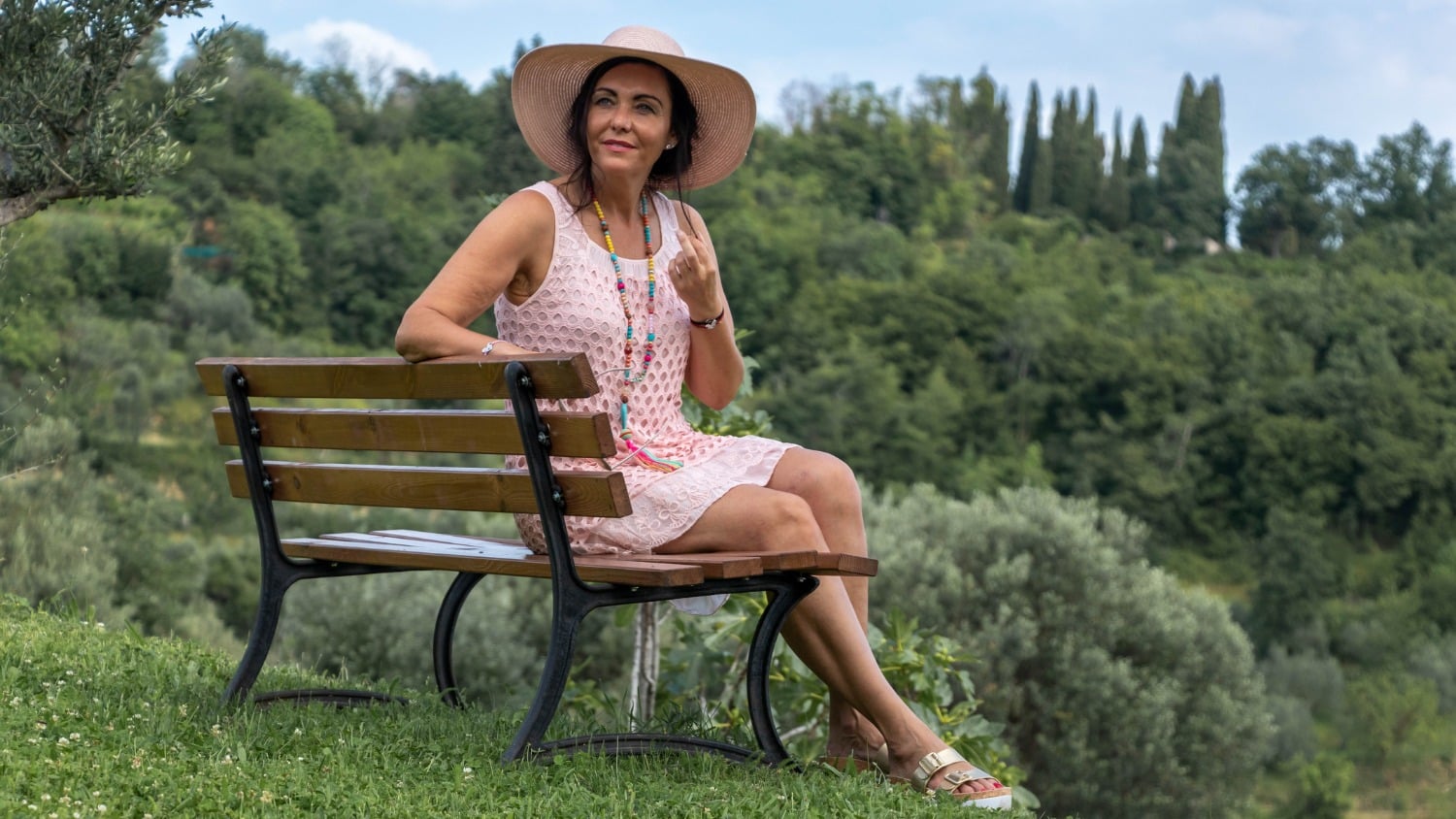[ad_1]
As I mentioned in a previous article, I would like to take a deeper dive into the damaging myth that drinking alcohol and/or taking drugs enhances one’s creativity. Before I gave up drugs and alcohol, I thought the only way I could be creative in any way was to be high on some substance.
I believed that I couldn’t dance without several drinks in me, and there was no way I could write something creative without doing a few lines or taking a few pills. And I’m not alone, screenwriter and author of The Artist’s Way, Julia Cameron admits: “I thought drink and drugs enabled my creativity.”
This myth is widely circulated and thought to be gospel by many:
From Hunter S Thompson’s infamous daily pre-writing routine of cocaine, Chivas Regal and acid to Vincent van Gogh’s love for absinthe and Andy Warhol’s prescription drugs habit, the idea that drugs and alcohol produce great art is deeply culturally ingrained.
Does a Drink Open or Shut Your Creativity?
An artist friend of mine said that one glass of wine before she painted loosened her inhibitions, quieted her negative inner critic and allowed things to open up and become more fluid. However, if there was a second glass, things began to shut down and the creative window closed. The problem for me, and several other people I know, is that only one glass of wine was laughably tough to achieve … If one is good, then surely three is great!
When I was running workshops about ‘Creative Empowerment’ with both teens and adults, I would invariably get the question about creativity and substances, often phrased something like: But I feel so much more open and creative when I drink or use certain substances!
Because of my own background, and because this subject came up so often in workshops, I felt compelled to do a bit of research. And Dr. Panel Hanel, from the University of Essex’s department of psychology, helped to explain this with his recent research:
Hanel’s study worked to debunk the myth that drugs and alcohol make a person more creative, examining hundreds of papers on the subject. It concluded that, drinking alcohol and/or taking drugs does not do anything to help one’s creativity. And most of the artists that he interviewed agreed that although sometimes the drugs might enhance a particular creative experience, for the most part the whole myth was romanticized. For most people, the romantic myth overshadowed the risks. And although alcohol and many drugs can alter perception and reduce inhibitions, which may lead to a superficial burst of ideas, they more often negatively impact cognitive functions such as memory, focus, and critical thinking, which are vital for developing and refining creative concepts.
So, let’s bypass the romanticization of using substances and look at what actually happens to the brain when substances are involved in the creative process.
Ways in Which Substance Use Can Negatively Impact Creativity
Cognitive Impairment
Drugs and alcohol can impair cognitive functions, including memory, attention, and problem-solving skills, which hinders the creative process, making it difficult to develop and execute new ideas effectively.
Diminished Mental Clarity
Using alcohol, which is a depressant, and other types of drugs, often leads to a lack of clarity and focus, making it challenging to develop and refine ideas.
Altered Perception
While some argue that altered states brought on by some drugs, especially psychedelics, can provide new perspectives and creative ideas, these states are often not beneficial and can lead to distorted thinking, which hinders rather than helps the creative process.
Emotional Disturbance
Drugs and alcohol often cause emotional dysregulation, which may disrupt the creative process. Emotional instability can make it harder to maintain focus on creative projects.
Decreased Motivation
Drinking and using can lead to decreased motivation and lethargy (especially seen in marijuana use), which may stifle the desire to engage in creative pursuits or complete projects. This often results in less productivity and a decline in creative output.
In contrast, there are several effective methods that foster creativity rather than impair it.
Ways in Which Creativity Can Be Enhanced
Diverse Experiences
Travel! Eat new foods! Listen to new music! Multi-cultural experiences enhance creativity. Exposure to different cultures, ideas, and experiences stimulates new thoughts and perspectives.
Mindfulness and Relaxation
Meditation and yoga increase creative thinking! Quieting the mind can help clear mental clutter, allowing creative ideas to emerge.
Routine Changes
As we age, many of us find it difficult to change our routines, we get stuck in a rut. But push yourself to change… by changing your routine, you can boost your productivity, creativity and wellbeing.
Curiosity and Exploration
Have you noticed that many people, as they age, lose their sense of curiosity? Maintaining a curious mindset and actively seeking out new experiences inspires creativity.
Physical Activity
Stay active as you age! Engaging in physical exercise not only enhances cognitive function and improves your mood, but it is conducive to creativity too!
As we age, it is vital for our well-being and our vibrancy to stay creative. Many studies show the link between creativity and longevity. But we want to do more than just live longer, right? So, let’s stay creative and thrive!
Let’s Have a Conversation:
Have you ever fallen prey to the myth that you have to imbibe substances to be creative? How has alcohol or drug use impacted your creativity, or the creativity of a loved one? Think of some healthy ways to enhance your creativity. Do you think creativity does indeed help you thrive? Please share in the comments below, and let’s have a conversation.
[ad_2]
Source link





